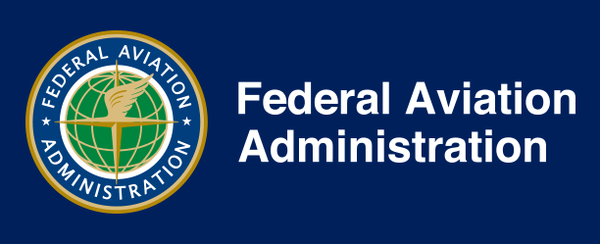The FAA has revised its national policy order that manages applicants’ requests to operate unmanned aircraft systems (UAS) and how safety risk management (SRM) assessments are performed.
It also defines the roles of agency personnel responsible for UAS safety management and includes an outline for documenting the steps in the SRM program. Additionally, the order describes the duties of the FAA’s air traffic organization (ATO) when handling waivers.
In explaining the need for an SRM, the order notes that the UAS industry has “experienced exponential growth” as demonstrated by the number of drone registrations, airspace authorizations, waivers, and remote pilot certificates. “The regulatory system is striving to keep up with the pace of UAS technology. Thus, this order establishes the SRM process for UAS requests and provides a generalized list of common hazards and possible mitigations that should be considered with each assessment.”
Specific updates include the cancellation of the previous national policy order published in October 2019. The revision also adds and clarifies general terms and definitions; updates recommended training required before an FAA official is permitted to be on a UAS safety panel; modifies descriptions for the severity level of UAS safety occurrences; adds a safety matrix focused on quantitative assessments; clarifies safety action triggers, governance, and triage steps; and updated roles and responsibilities between the FAA’s aviation safety office and ATO.
The 30-page policy document can be accessed here.
Source: AIN

